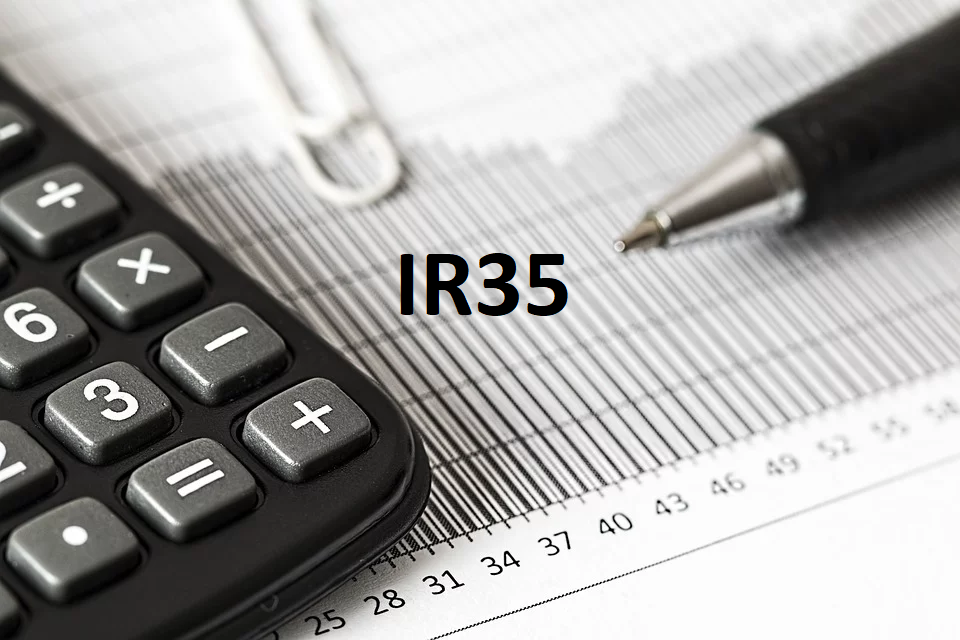IR35 is a piece of UK tax legislation, introduced in 2000, and designed to tackle "disguised employment".

The legislation affects freelancers working through an 'intermediary' such as a limited company. Since trading via a limited company is a tax-efficient vehicle, then IR35 potentially affects a large number of the UK's flexible workforce.
The legislation was introduced to tackle the issue of 'Friday to Monday' scenarios, where HMRC state that they were concerned that a worker could "leave work as an employee on a Friday only to return the following Monday to do exactly the same job as an indirectly engaged 'consultant' paying substantially reduced tax and national insurance."
In addition to the tax benefits for contractors and freelancers, hiring a freelancer is also a cost-effective means of completing projects without being tied in to the protection UK employment law offers its workers.
The purpose of IR35 is therefore to ensure that individuals pays what HMRC cite as "broadly tax and NICs on a basis which is fair in relation to what an employee of the client would pay."
IR35 Test
To determine if you are caught by IR35, HMRC would take a look at the overall picture of the relevant engagement – meaning that they would look at both your contract (which is why some term it an 'IR35 contract') and how accurately this reflects your day-to-day working practices.
The IR35 test they apply is whether the engagement shows the essential characteristics of employment. Specific tests, namely employment status factors, are used to determine whether you are employed or self-employed under their terms. Factors include substitution, control, mutuality of obligation (MOO), financial risk and part and parcel.
The uncertainty of how HRMC might apply these tests to individual cases, and a perceived conflict in interpretation of how these have been applied in past test cases, means IR35 is considered a big headache for contractors.
IR35 Review
The new coalition Government set up an independent body in 2010 to recommend ways forward on simplifying taxes for small business, including an IR35 review. However, the Office of Tax Simplification found that there was "no clear cut legislative alternative" to the IR35 rules and so the Government decided to keep IR35 in Budget of 2011, citing that to abolish it would put tax revenues at risk.
A helpline, better administration, an IR35 forum to monitor progress and guidance on how HMRC interprets the legislation aims to offer a more clear cut view on what might fall in or outside IR35. HMRC's first IR35 forum minutes looked at how to tackle 'high risk' IR35 cases by improving IR35 administration through segmentation.
However contractors are still advised to take reasonable care' in obtaining professional reviews of their IR35 status rather than take their chances with the lottery that still currently is IR35.
Contractor accountants, SJD Accountancy offer a free IR35 review. SJD are one of only three firms in the UK who advise the Professional Contractors Group on IR35 and so are well qualified to give you the correct advice.